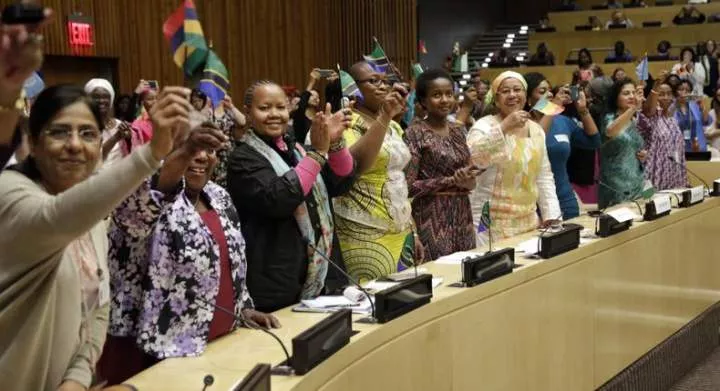
As the world increasingly recognizes the crucial role women play in shaping inclusive and sustainable societies, African nations find themselves at the forefront of a broader global movement for gender equality.
Take a look across the continent, and you will see women smashing through barriers, challenging the old norms, and diving headfirst into the political arena. Their journey is all about resilience, sheer determination, and a collective commitment to kick those biases that have, for way too long, held them back from the political limelight.
We earlier reported 10 African countries with the highest female representation in government. Commendably, Rwanda emerged as the global leader in parliamentary gender diversity, boasting an impressive 61.3% of women in its parliament.
However, while certain African countries proudly occupy the zenith of global rankings for female representation in government, there exist others that lag, struggling to overcome deeply entrenched gender disparities.
A study from the Inter-Parliamentary Union (IPU), a trusted data platform for assessing the percentage of women in national parliament, revealed the African nations with the least female representation in government as of January 1, 2023.
Here are the 10 African countries with the lowest female representation in government:
| 1 | Nigeria | 3.6 | 182 |
| 2 | Benin | 7.4 | 169 |
| 3 | Algeria | 7.9 | 168 |
| 4 | The Gambia | 8.6 | 166 |
| 5 | Liberia | 11.0 | 160 |
| 6 | Botswana | 11.1 | 158 |
| 7 | Dem. Republic of the Congo | 12.8 | 155 |
| 8 | Central African Republic | 12.9 | 154 |
| 9 | Sierra Leone | 13.0 | 153 |
| 10 | Guinea-Bissau | 13.7 | 149 |


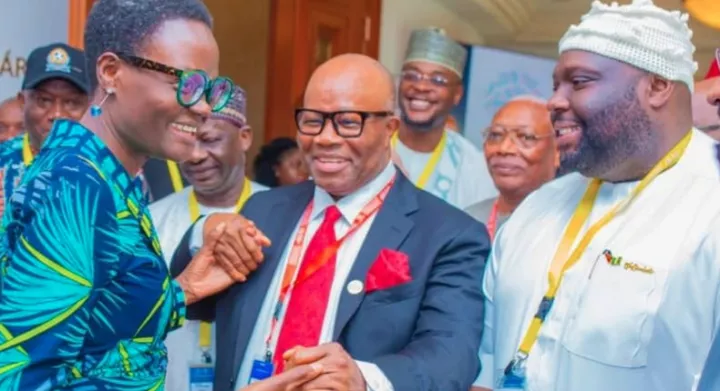
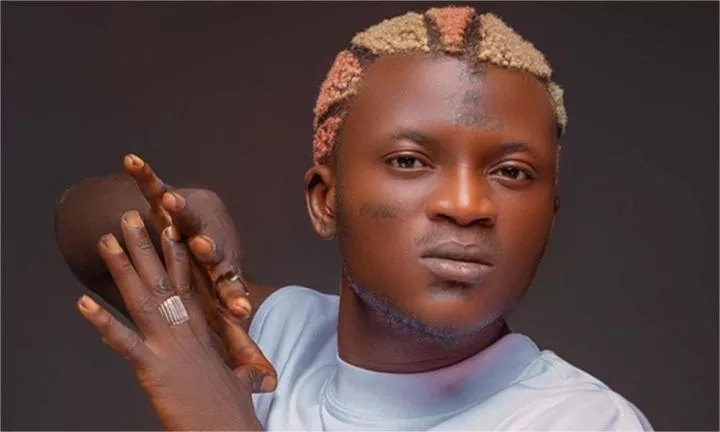
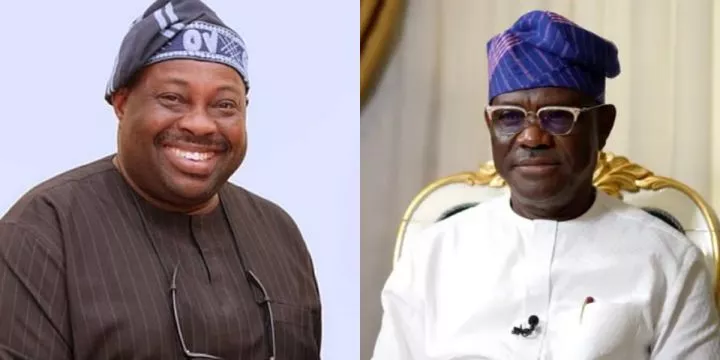
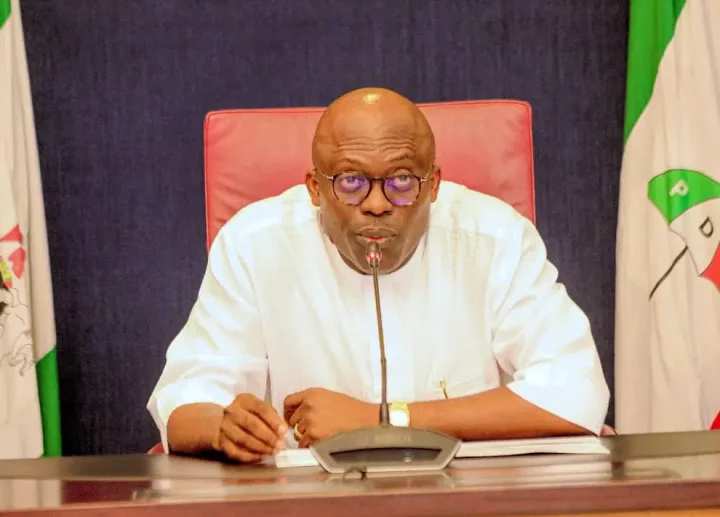
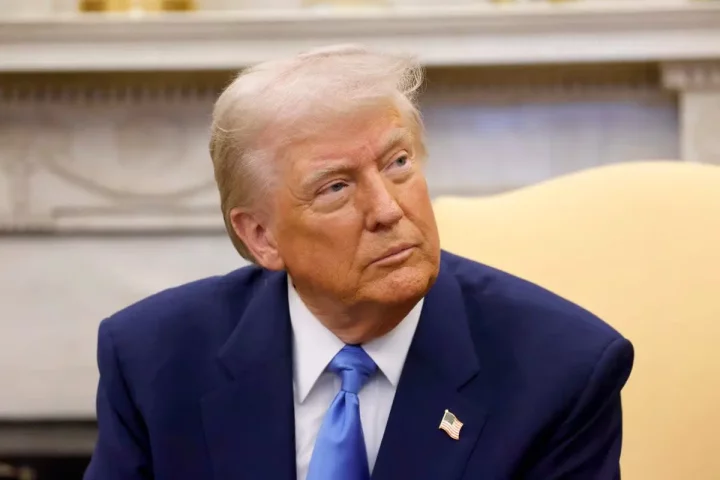
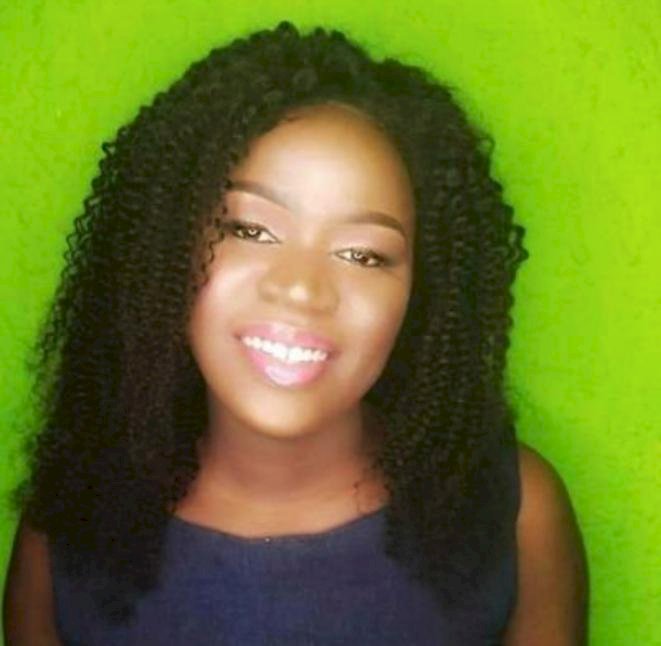
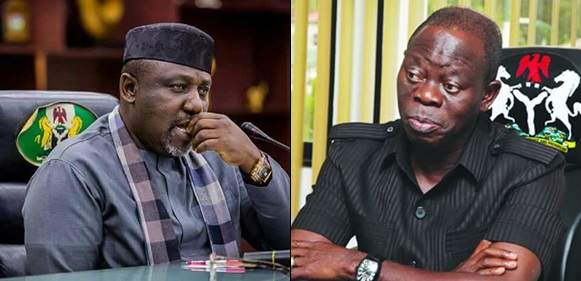
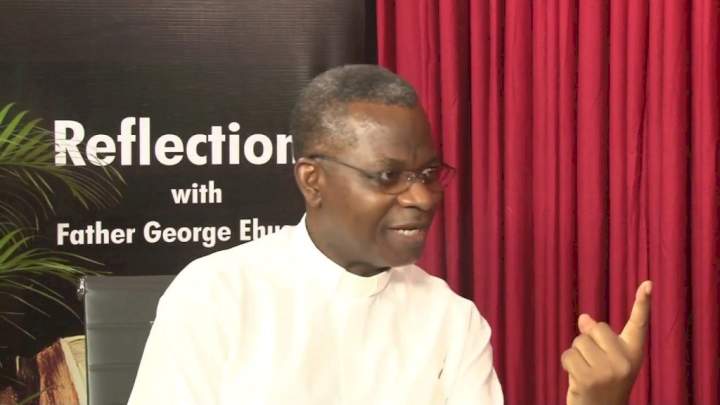
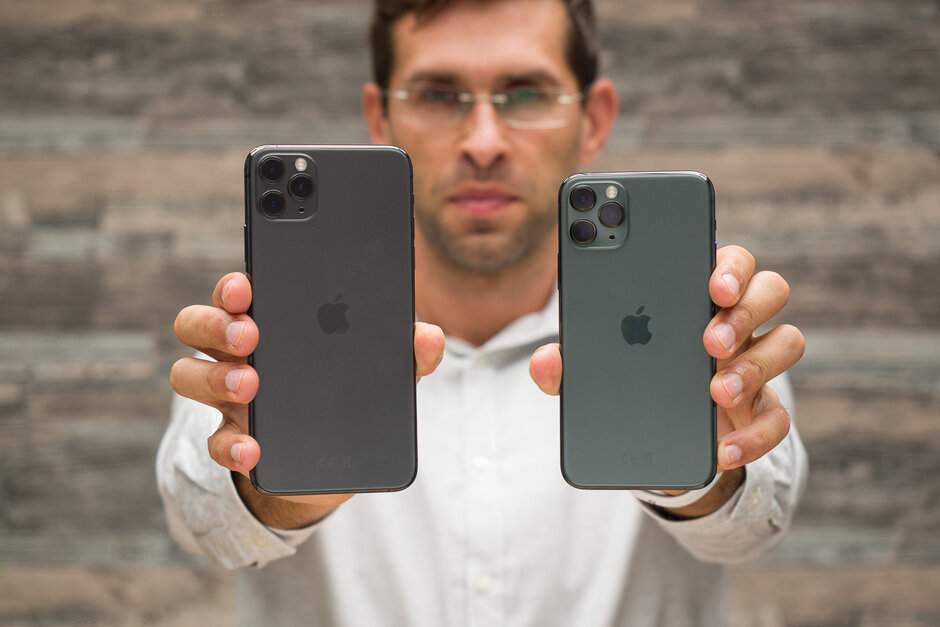



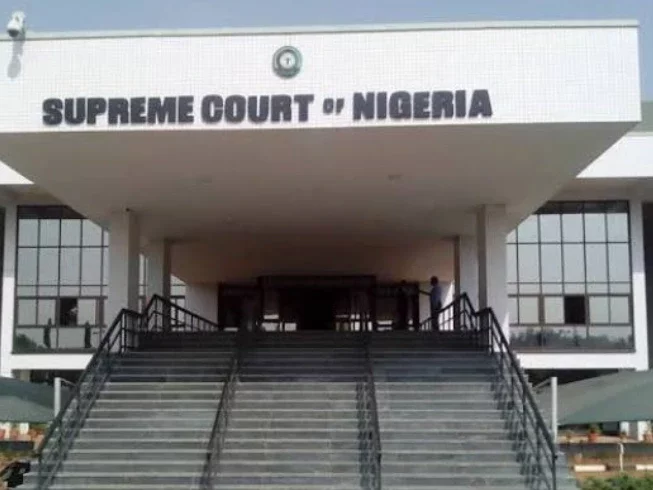
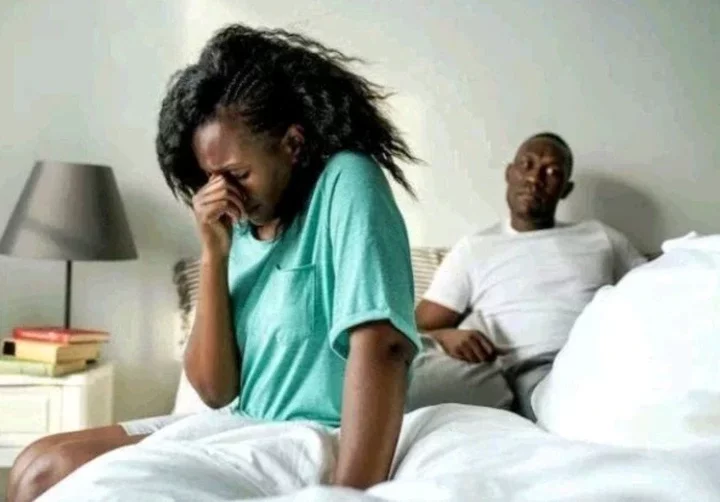

Comments